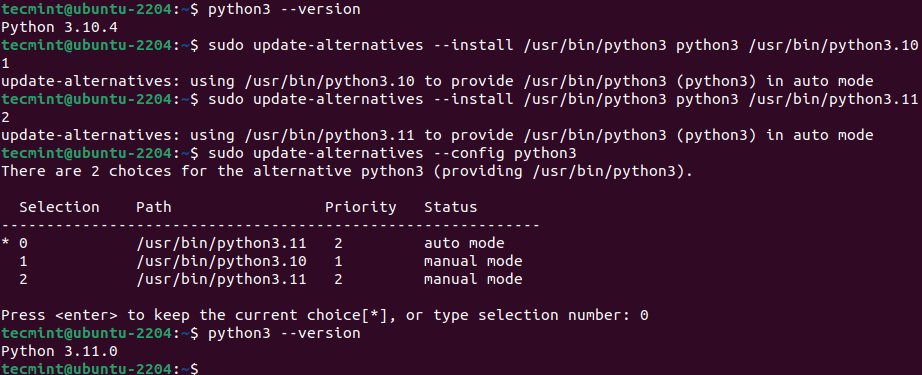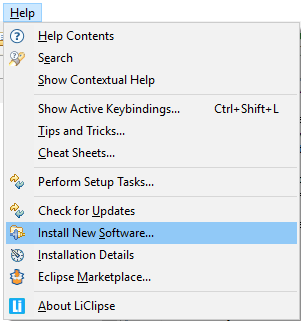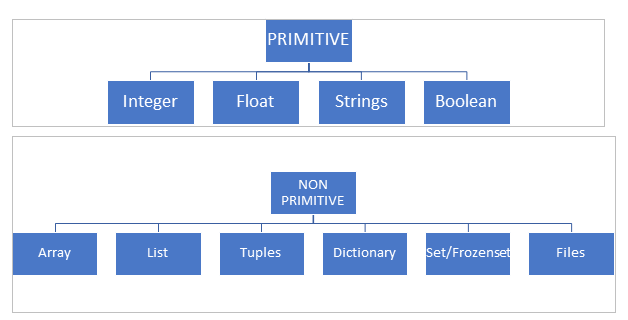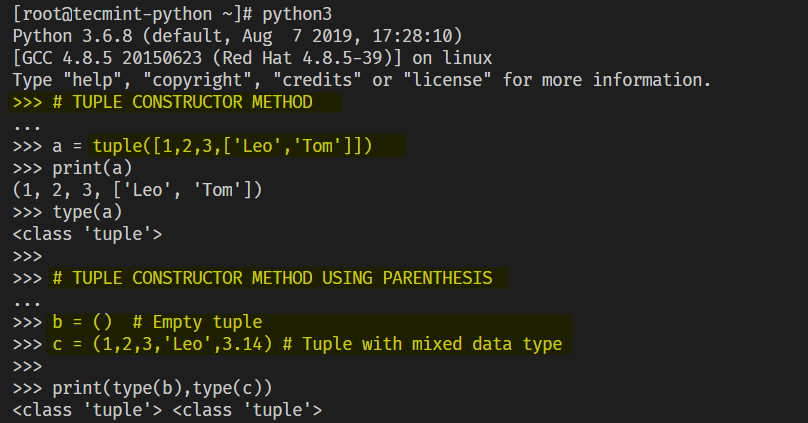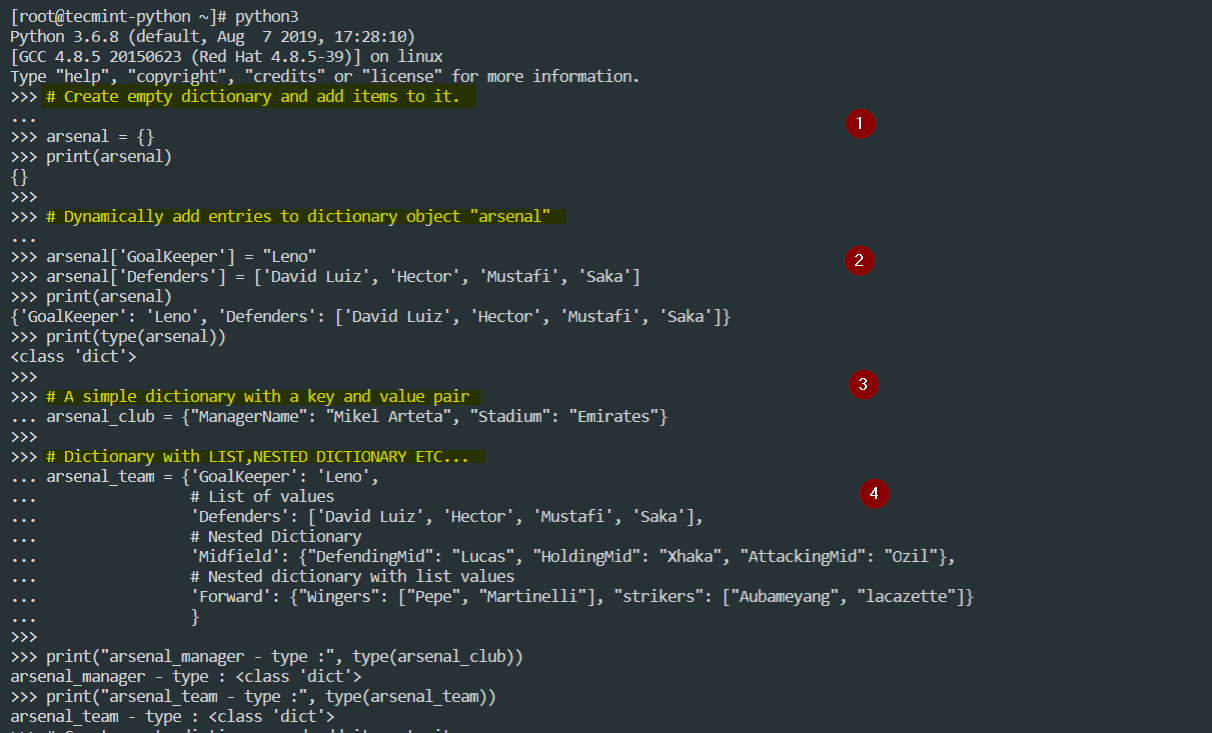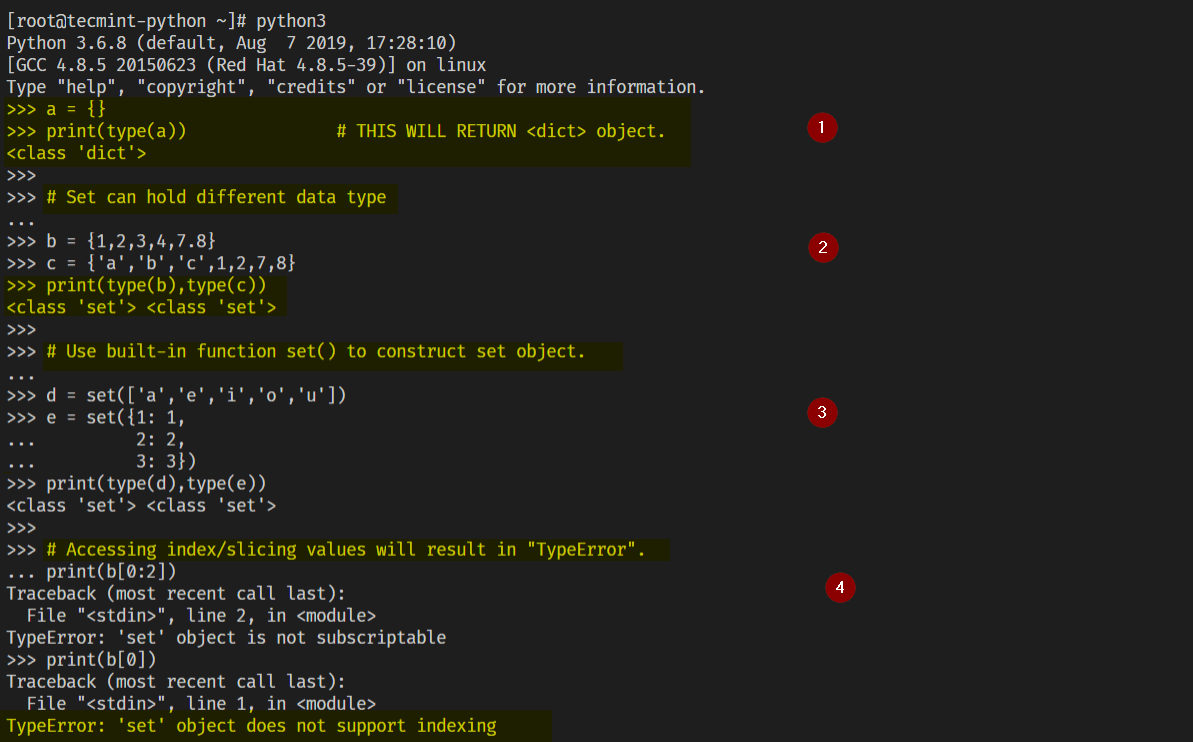Python is the fastest-growing major general-purpose programming language. There are a number of reasons attributed to this, such as its readability and flexibility, ease to learn and use, reliability, and efficiency as well. There are two major Python versions being used – 2 and 3 (the present and future of Python); the former will see
Python - DesignLinux
3 Best Udemy Python Courses – Go From Zero to Hero
Python is often considered to be one of the most powerful, adaptable, and easy-to-learn high-level programming languages for developing websites, operating system components, applications to games and so much more. Today, companies like Amazon, Intel, and Dell count on Python developers to make their business run and the Python job market is booming! [ You
How to Setup PyDev for Eclipse IDE on Linux
Eclipse is not a new term that programmers will hear. It is very popular in the developer community and has been in the market for a very long time. This article is all about showing how to set up Python in Eclipse using the PyDev package. Eclipse is an Integrated Development Environment (IDE) used for
How to Use Platform and Keyword Module in Python
The platform module provides an API to get information about the underlying system/platform where our code runs. Information such as OS name, Python Version, Architecture, Hardware information, etc. is exposed via platform module functions. This module does not require installation since it is part of the default libraries that comes with python installation. First, let’s
How to Install Python IDLE in Linux
IDLE is an Integrated and learning environment created with Python using the GUI Tkinter toolkit. This is mainly used by beginners to get familiar with Python. IDLE is a cross-platform application that works with Mac OS, Windows, and Linux. In windows, IDLE comes by default with the installation. For Mac OS and Linux, we have
Learn Python List Data Structure – Part 1
Data Structure is a collection of data types, the relationship among them and the functions or operations that can be applied on the data. Data type can be string, Integer, Floating value and so on. What is the difference between Mutable/Immutable object? Mutable Objects Objects whose state can be changed once it is created like
Learn Python Tuples Data Structure – Part 2
In this Part 2 of Python Data Structure series, we will be discussing what is a tuple, how it differs from other data structure in python, how to create, delete tuple objects and methods of tuple objects and how tuple differs from the list. Python tuples are similar to list data structure but the main
Learn Python Dictionary Data Structure – Part 3
In this Part 3 of Python Data Structure series, we will be discussing what is a dictionary, how it differs from other data structure in python, how to create, delete dictionary objects and methods of dictionary objects. Dictionary is a built-in implementation of “Python Data Structure” which is a collection of “Key: Value” pairs. Dictionary
Learn Python Set/Frozenset Data Structure – Part 4
In this Part 4 of Python Data Structure series, we will be discussing what is a set, how it differs from other data structure in python, how to create set objects, delete set objects and methods of set objects. A set object is an unordered collection of distinct hashable objects. Set automatically removes duplicate items
Learn Python Sys Module
In this article, we will take a look at the Python Sys Module. There are variables and functions that are maintained by the interpreter and the sys module provides a way of interacting with them. These variables are available until the interpreter is alive. We will have a glance at some of the commonly used

